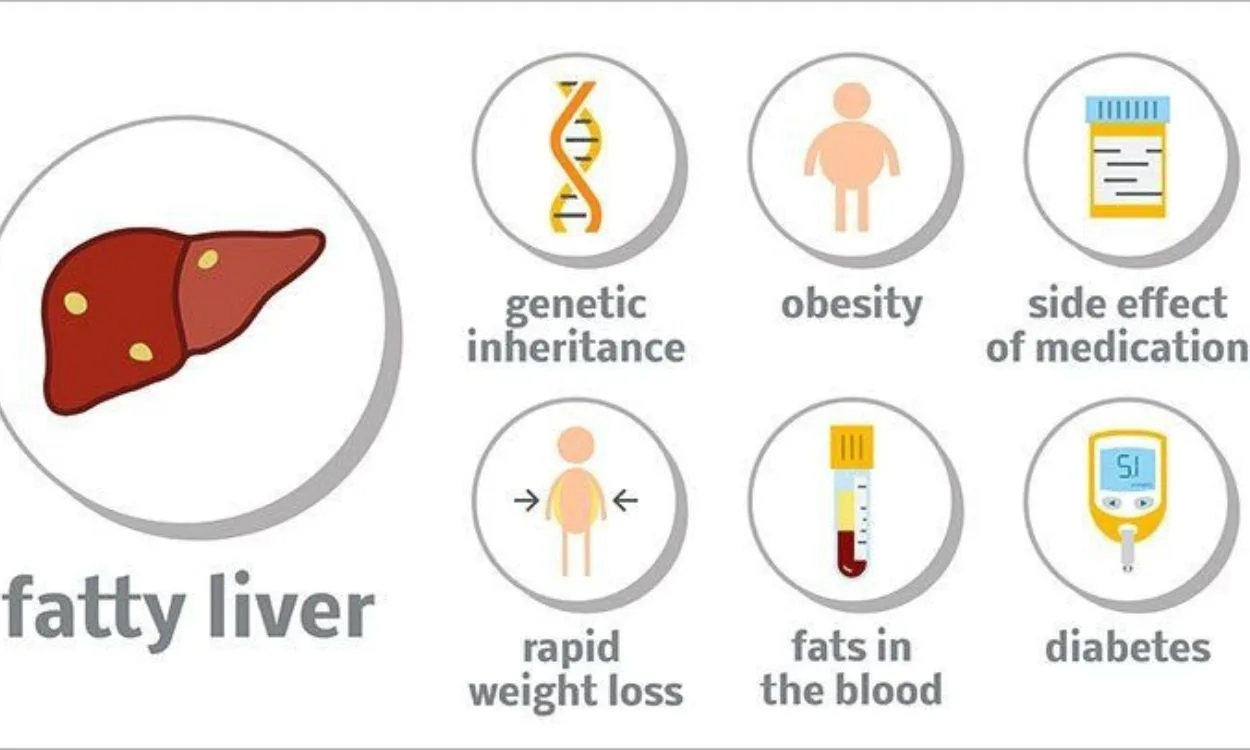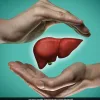Can Fatty Liver Cause Liver Cancer?
Fatty liver, also known as hepatic steatosis, is a condition characterized by the accumulation of fat in the liver cells. This condition is primarily associated with excessive alcohol consumption (alcoholic fatty liver disease) or metabolic disorders such as obesity, diabetes, and high cholesterol (non-alcoholic fatty liver disease or NAFLD). While fatty liver itself is not considered cancerous, it can progress to a more serious condition known as non-alcoholic steatohepatitis (NASH), which has the potential to lead to liver cancer.
Here are some key points to understand the relationship between fatty liver and liver cancer:
- Fatty Liver and Inflammation: In cases of NASH, the accumulation of fat in the liver triggers inflammation and oxidative stress. This chronic inflammation can cause damage to liver cells, leading to the development of fibrosis (scarring) and cirrhosis over time.
- Liver Cirrhosis and Cancer Risk: Cirrhosis is a late-stage consequence of chronic liver disease, including NASH. It involves the replacement of healthy liver tissue with scar tissue, which disrupts the liver’s normal structure and function. Cirrhosis is a major risk factor for liver cancer. Studies have shown that individuals with NASH-related cirrhosis have an increased risk of developing hepatocellular carcinoma (HCC), the most common type of liver cancer.
- Hepatitis and Fatty Liver: Chronic viral hepatitis, especially hepatitis B and C, can coexist with fatty liver and increase the risk of liver cancer. Both conditions can independently cause liver damage and inflammation, and when combined, they further accelerate the development of liver cancer.
- Insulin Resistance and Cancer: Fatty liver is closely associated with insulin resistance, a condition in which the body’s cells become less responsive to insulin. Insulin resistance is a key factor in the development of metabolic disorders such as type 2 diabetes and obesity. Studies have suggested that insulin resistance, in combination with fatty liver, may promote the growth and proliferation of liver cancer cells.
- Lifestyle Modifications: The good news is that fatty liver can often be managed and reversed through lifestyle modifications. This includes maintaining a healthy weight, adopting a balanced diet low in saturated fats and added sugars, engaging in regular physical activity, avoiding excessive alcohol consumption, and managing underlying medical conditions such as diabetes and high cholesterol.
While the link between fatty liver and liver cancer is well-established, it is important to remember that not everyone with fatty liver will develop liver cancer. Regular monitoring, early detection, and appropriate medical interventions are crucial in managing and reducing the risk of complications associated with fatty liver.
Now that we have discussed the relationship between fatty liver and liver cancer, it is important to take proactive steps to maintain liver health. Fitpaa, an AI-driven health and fitness technology, can assist you in achieving your health goals and ensuring overall well-being, including liver health.
By taking advantage of Fitpaa’s comprehensive metabolic assessment, personalized Fitpaa Capsule, and real-time guidance technology, you can optimize your metabolism, strengthen your body’s organ systems, and improve your overall health. Fitpaa’s tailored plans, including medical therapy, nutrition therapy, exercise therapy, and cognitive behavior therapy, can help you achieve your health and fitness goals while keeping your liver and other organs in check.
With the Fitpaa mobile app, you can easily track your progress, access virtual workout trainers and diet trackers, and receive regular reviews and guidance from a team of fitness planners, nutritionists, and doctors. Fitpaa’s commitment to your well-being is reflected in its goal-oriented services, which come with a lifetime validity, ensuring that you achieve your desired health goals with a 100% guarantee.
To experience the transformative power of Fitpaa and unlock your full potential for a healthier life, download the Fitpaa app today. With a 7-day risk-free trial and a promise of achieving your health goals, Fitpaa is ready to guide and support you on your journey towards a healthier, fitter, and happier you









